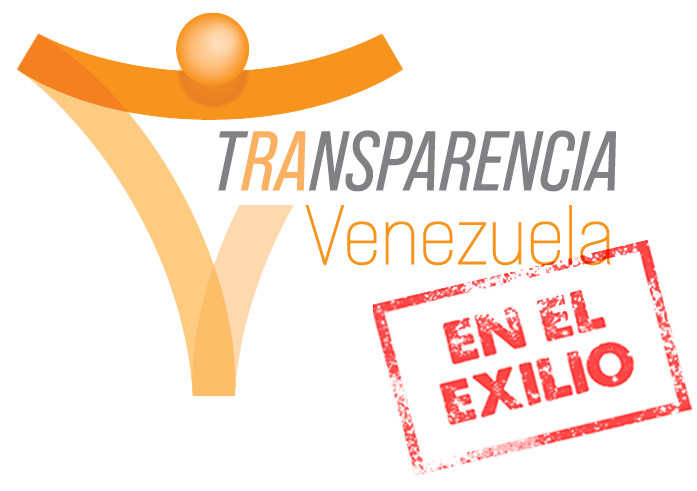Ministerial assistance to indigenous peoples fell by 80% in five years

The review of the reports and accounts of the Ministry of Indigenous Peoples, created in 2007 during the presidency of Hugo Chávez, made it possible to confirm that the supply of basic necessities, such as hammocks, school supplies and tools for agricultural activities, decreased by 66.3% between 2012 and 2014
By Armando Altuve
Neglected indigenous communities. One of the public policies of the Ministry of Indigenous Peoples is to respond to the needs of the populations of different ethnic groups in situation of extreme vulnerability. However, the delivery of essential supplies reached fewer beneficiaries. According to the official information available in the ministry’s management reports, the number of beneficiaries fell by 80.5% between 2012 and 2016.
The review of information from the office, currently directed by Aloha Núñez, appointed on 4 January 2018 in Official Gazette No. 41,313, indicates that in 2012, the Ministry of Indigenous Peoples attended 90,740 people of different ethnic groups from six states of the country; while in 2016, the last official data available, only 17,605 had received aid to meet their priority needs.
The review of reports was carried out by the Vendata team, a collaborative data opening project led by the Press and Society Institute of Venezuela (IPYS Venezuela) and Transparencia Venezuela.
As the number of indigenous people served decreased, so did the quantity of basic necessities provided to the indigenous communities. According to the available data, in 2012 there were 59,049 materials and other inputs, and in 2014, 19,876 were delivered, with a drop of 66.3% in two years.
The Ministry of Indigenous Peoples set a goal to annually provide hammocks, mosquito nets, personal hygiene products, school supplies, including implements for agricultural and fishing activities, and kitchen equipment and utensils, as part of the setting-up of the social program «Mi casa bien equipada” (My well-equipped house), created by the government in 2010, when Hugo Chávez was president.
Although until 2014 there was a decrease in the delivery of inputs, it is not certain what amount was supplied in 2015 and 2016 because it is not reflected in the ministry’s management reports of those years. In the 2016 document, the last one published by the ministry, only the number of people benefited with this public policy is shown.
Essential supplies were delivered to indigenous populations of the states of Amazonas, Apure, Bolívar, Delta Amacuro, Sucre and Zulia. Between 2013 and 2016, communities from the Anzoátegui and Monagas, and other Zulia populations were included, such as those located in the south of Lake Maracaibo. The data shows that, between 2012 and 2014, the number of communities served increased from 309 to 483. That is, in 56.3% increased the benefited ethnic groups in two years.
«The deterioration of aid from the Ministry of Indigenous Peoples is just small evidence of what we really perceive,» says Juan Carlos La Rosa, a human rights defender and co-founder of the Wainjirawa organization.
La Rosa assures that there is no social program that has been designed in agreement with the indigenous communities and, on the contrary, the deliveries made by the government are due to «patronage» reasons. «They only make consignments on the eve of elections or when they wish to fake a consultation or seek approval from indigenous communities.»
The aid, at some point, led to dependency. In the case of the Yukpa ethnic group in Perijá, state of Zulia, the absence and the granting with patronage purposes has generated deterioration in health and food, and has deepened mass forced displacements. “The aid was never conceived as a right, but as a state’s instrument to exercise control in the communities. State policy sought to make us more dependent and subordinated, and weaken our ancestral identity and our own institutions,» he explained.
The inability of the state to meet the needs of indigenous peoples happens in a context of humanitarian crisis, exacerbated mainly by the shortage of food and medicines and deterioration of health services, which have hit the indigenous communities. Malnutrition and the increase in people affected by diseases such as HIV and measles, especially in the settlements of the states of Delta Amacuro and Amazonas, have forced more indigenous people to abandon their lands and migrate to bordering countries, such as Brazil.
The Pan American Health Organization (PAHO), for example, has reported that at least 64 indigenous people from the states of Amazonas and Delta Amacuro died of measles in 2018, although reports from the Kapé Kapé Indigenous Rights Observatory indicate that more than 100 have died from this infectious disease of viral origin, and others have lost their lives due to malnutrition.
La Rosa points out that indigenous peoples are also limited in accessing inputs, food and medicine due to the transport and fuel crisis, including the siege of «mafias» in which security officials, who have harassed communities and forced them to move to other territories, are implicated. In his opinion, the state has lost control to counteract these groups.
